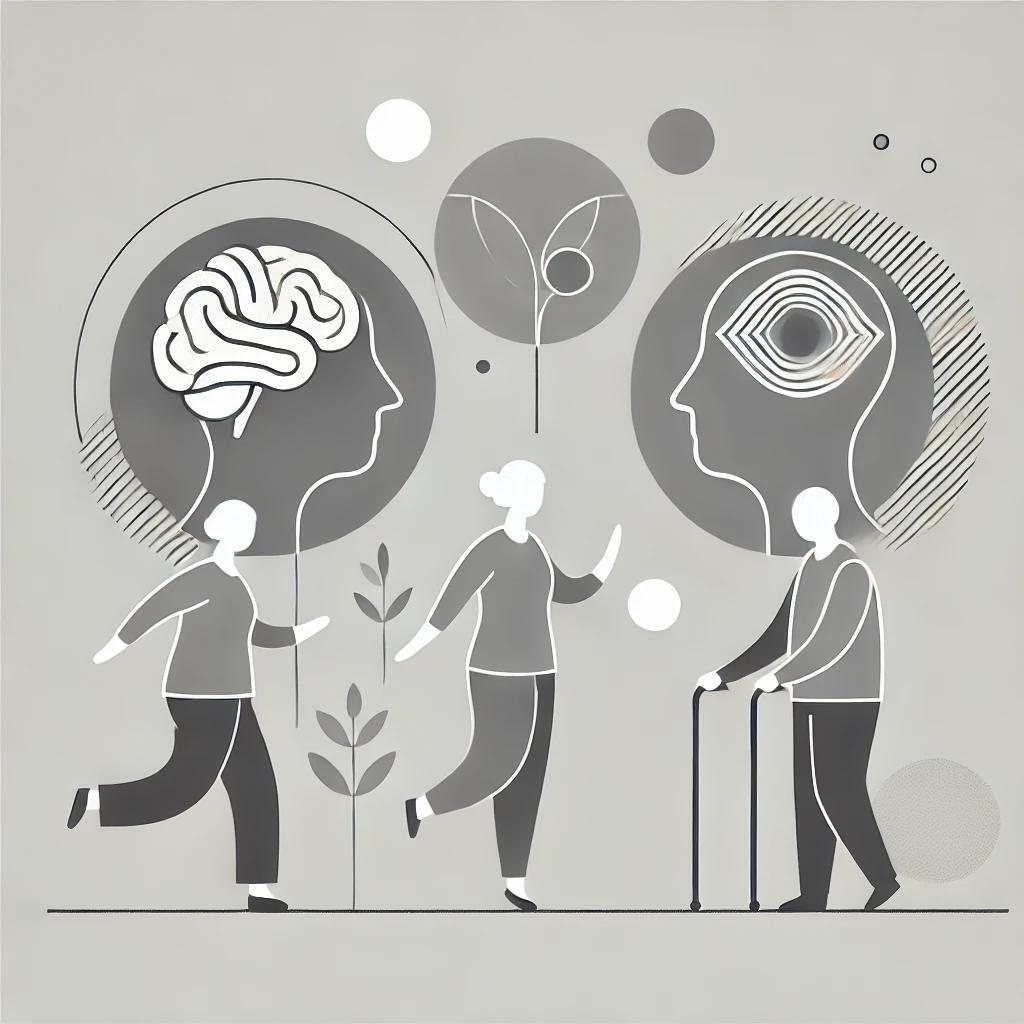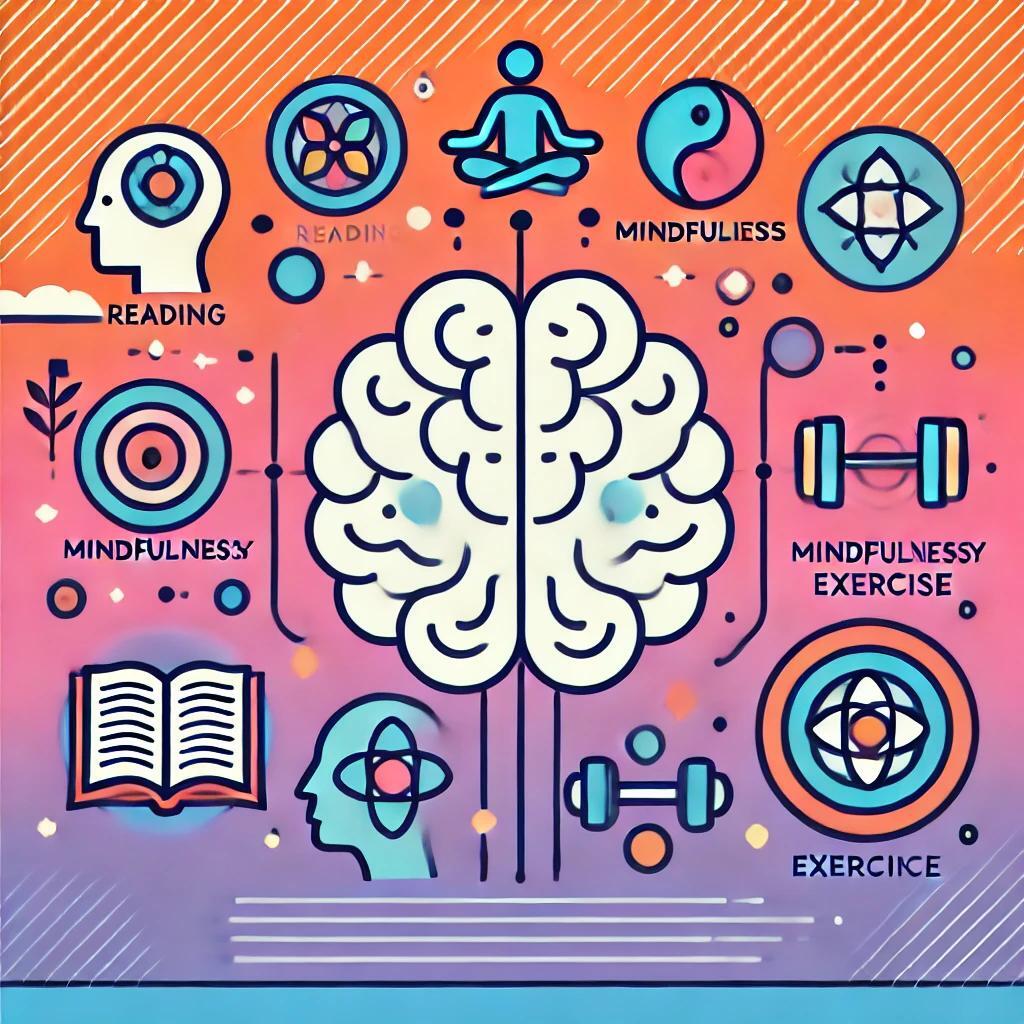Todays insights is drawn from the Scientific Article:
A Randomized Controlled Trail Study of a Multimodal Intervention vs Cognitive Training to Foster Cognitive and Affective Health in Other Adults
What we will cover today:

Takeaways:
👉 Incorporate multiple brain-boosting activities for broader cognitive gains
For those juggling busy schedules, adding a mix of activities—such as mindfulness, light physical exercises, and social interactions—could help maximize cognitive benefits. This approach targets different brain functions, fostering mental flexibility, focus, and emotional resilience, which are invaluable in high-demand environments.
👉 Use brain health knowledge to enhance motivation and consistency
Understanding the science behind activities like mindfulness or cognitive exercises is the very basis for what we do with OptiMindInsights! According to this study it could boost motivation to stick with these practices. Knowing how these habits strengthen brain function can make it easier to commit regularly, even amidst a packed schedule, as you see the direct benefits for work performance and personal well-being.
👉 Make cognitive activities part of your daily routine
For sustainable results, integrate brief cognitive practices into your everyday workflow. This could mean adding a quick mindfulness session between meetings or using memory games during breaks. Building these habits directly into daily life reduces the need for extra time while promoting long-term mental agility.

Okay, so November's focus is all about the influence of knowledge on the brain and mind, and how different techniques can improve our mental performance and health. So how about testing your knowledge on some areas that you'll gain more insight into in today's newsletter?
Let’s learn some more about this study:
Disclaimer: This summary is based on the article “A Randomized Controlled Trail Study of a Multimodal Intervention vs. Cognitive Training to Foster Cognitive and Affective Health in Older Adults” by Maria Brasser, Sascha Frühholz, Andres R. Schneeberger, Gian G Ruschetti, Rahel Schaerli, Michéle Haner & Barbara Studer-Luethi and aims to provide key takeaways and a condensed overview of its content. While the essence is drawn from the original article, some parts have been simplified or rephrased to enhance understanding. Please note that we at, OptiMindInsights or any other potential writers or contributors to our summaries, do not accept responsibility for any consequences arising from the use of this summary. The information provided should not be considered a substitute for personal research or professional advice. Readers are encouraged to consult the original article for detailed insights and references. The summary does not include references, but they can typically be found within the original publication. Always exercise due diligence and consider your unique circumstances before applying any information in your personal or professional life. We refer to the creative commons for reproducibility rights.

This study examines how understanding brain function and the intended mechanisms of interventions may enhance their effects, specifically in addressing cognitive decline among older adults. With dementia cases on the rise, cognitive impairments are recognized for their negative impact on mental and physical health. Traditional cognitive training (CT) has shown some success in targeting cognitive functions, but the study posits that a multimodal intervention (MMI)—which combines physical, cognitive, social, mindfulness, and coordination activities— could lead to broader benefits. Importantly, the study explores whether providing psychoeducational insights into brain health and the rationale behind these activities enhances participants' engagement and motivation, potentially amplifying cognitive and emotional gains.
What they did:
Subscribe to Premium to read the rest.
Become a paying subscriber of Premium to get access to this post and other subscriber-only content.
UpgradeA subscription gets you:
- Exclusive access to all previously published content
- Exclusive access to all premium content

